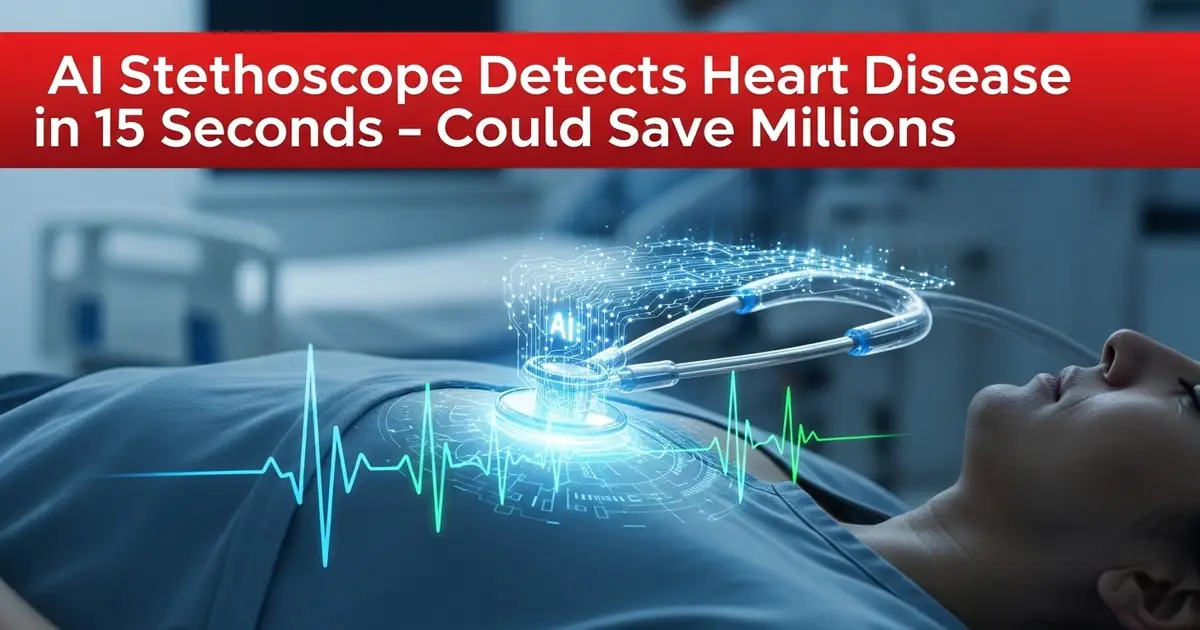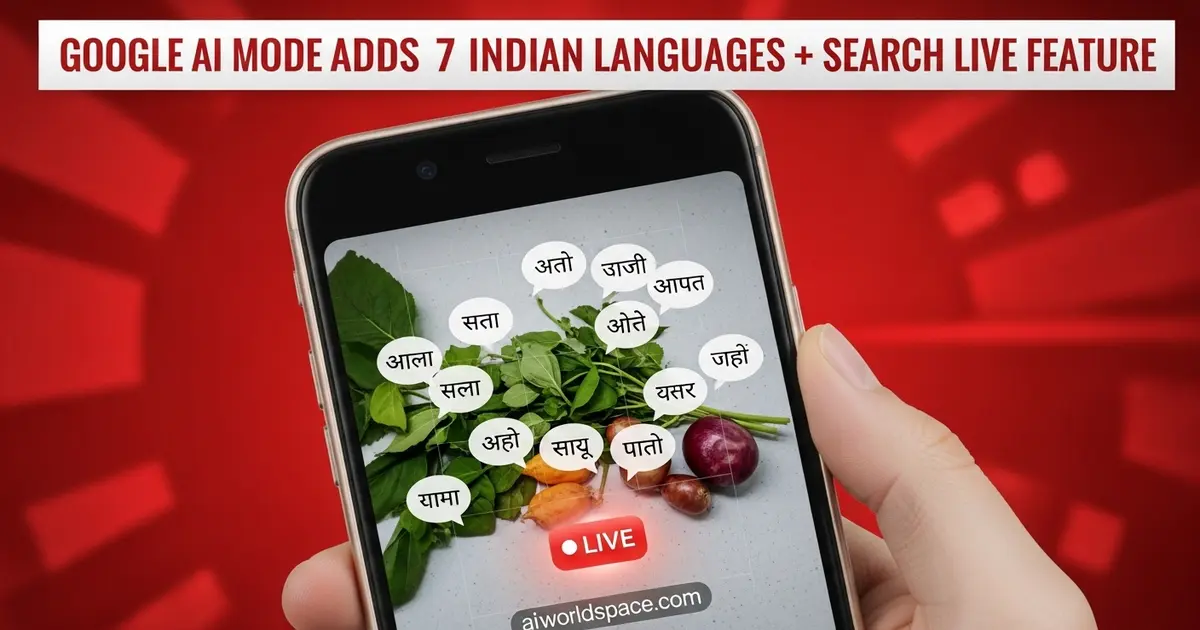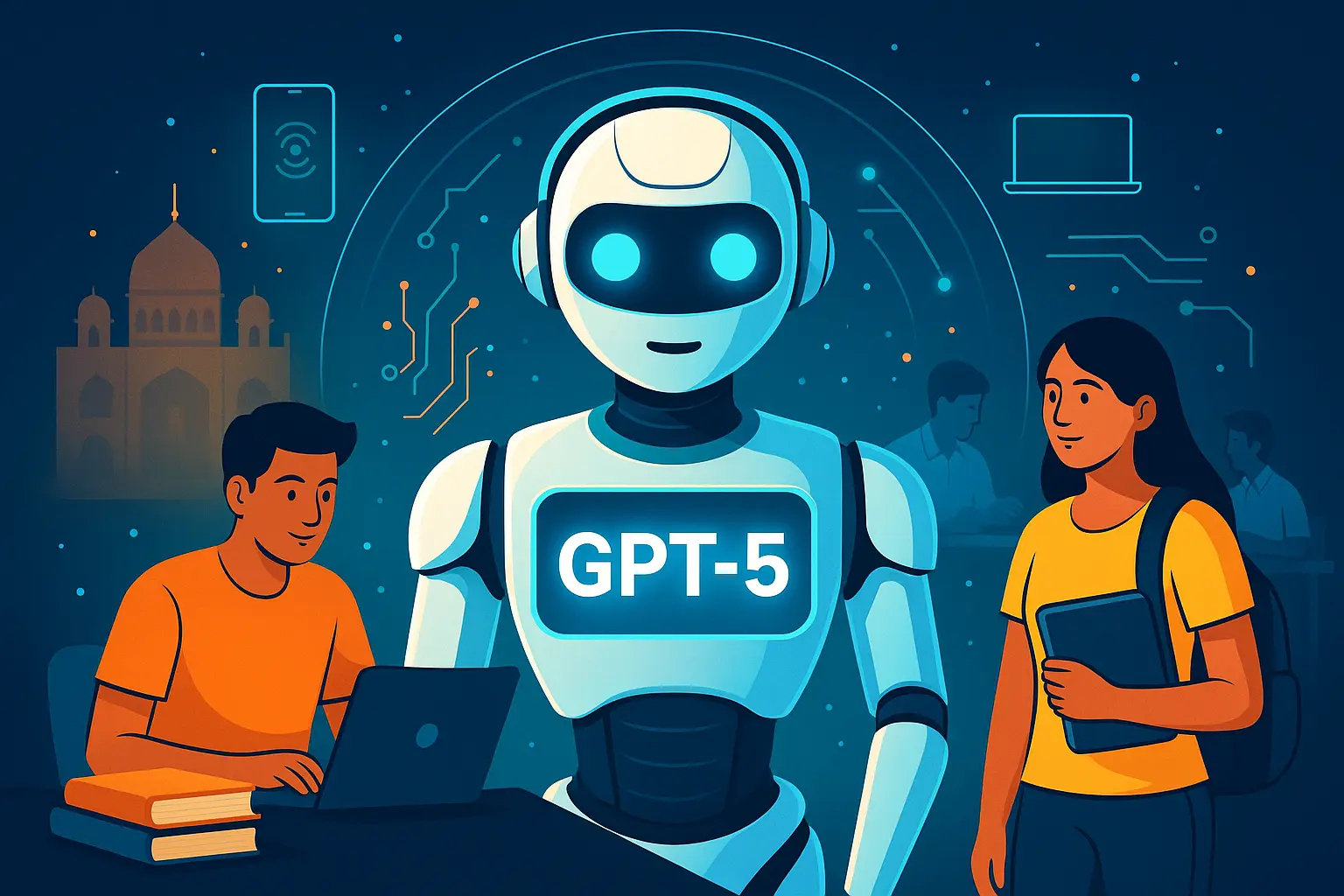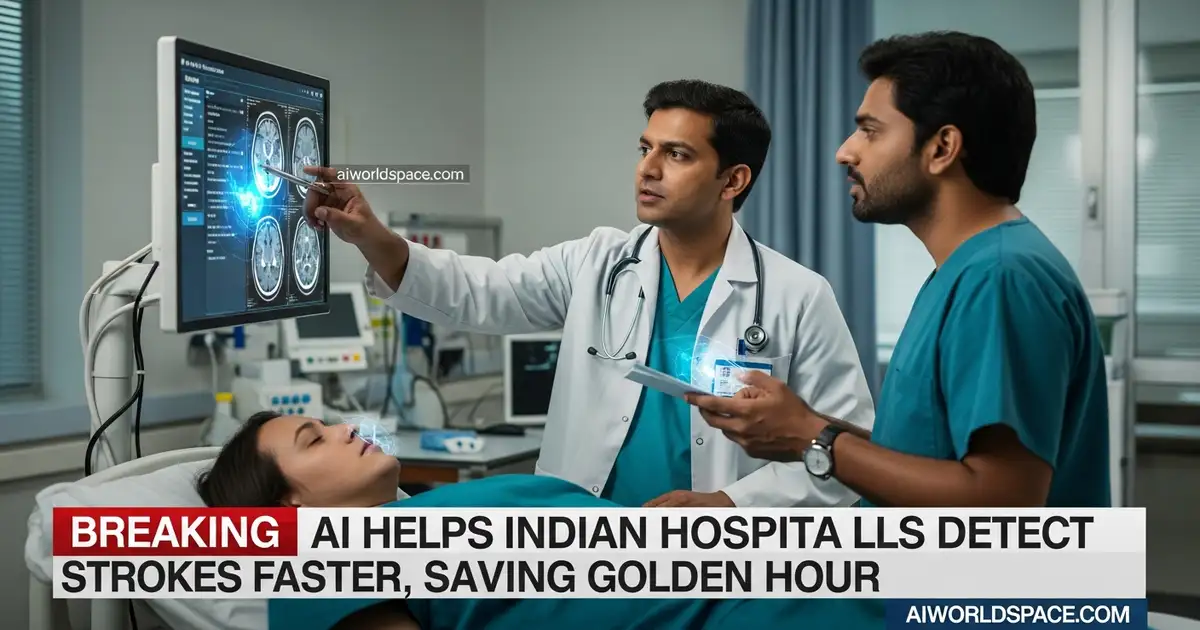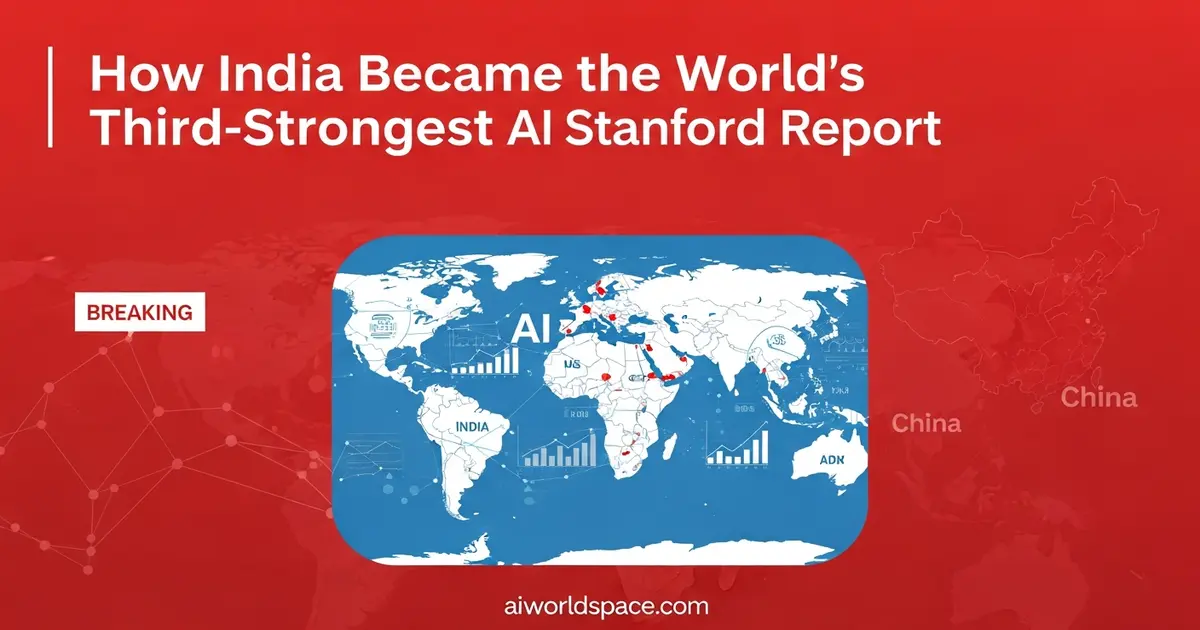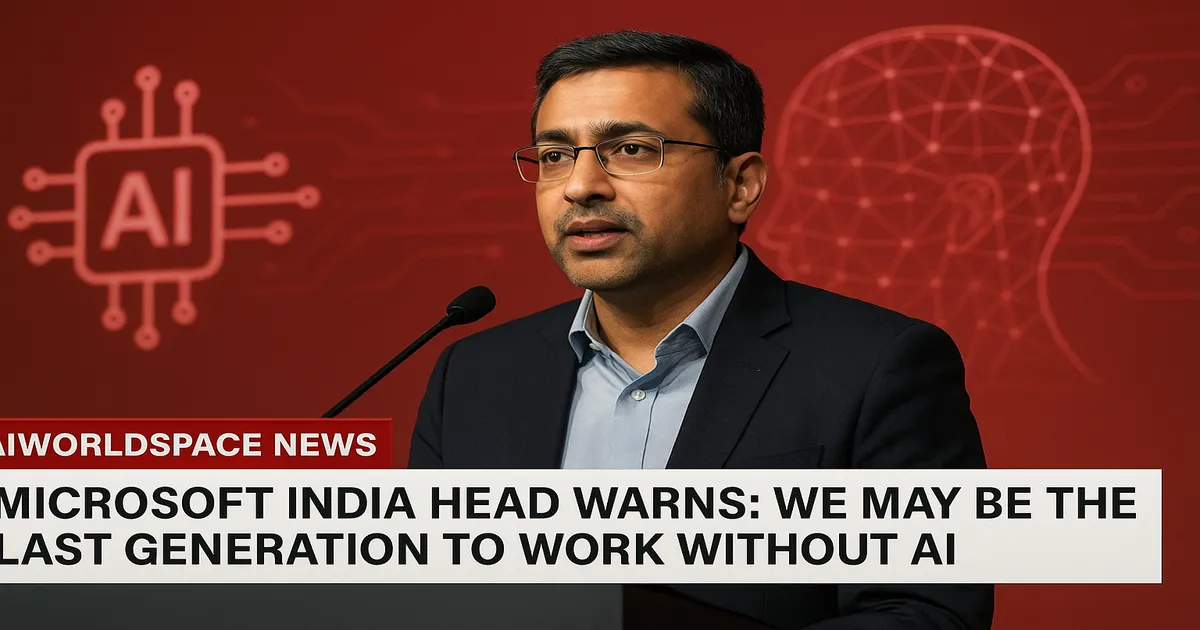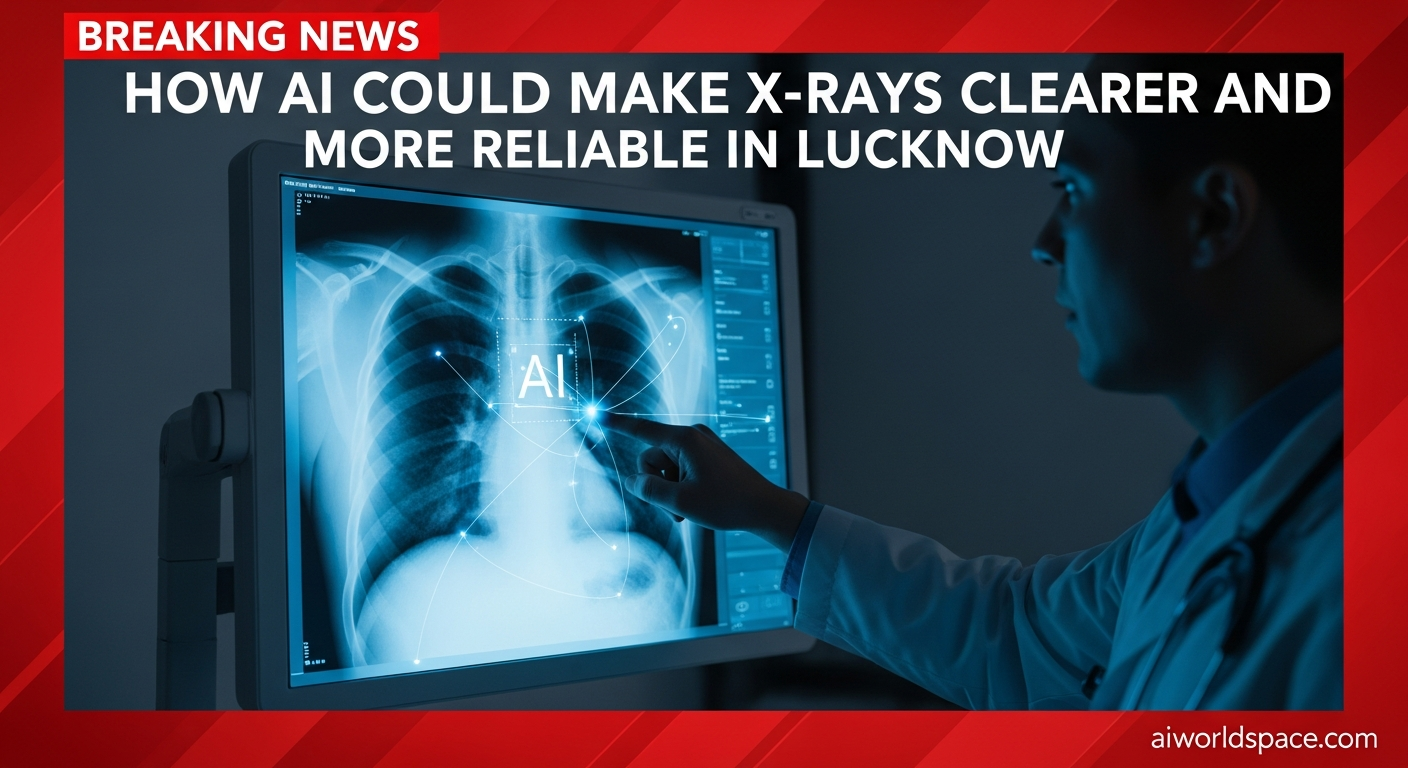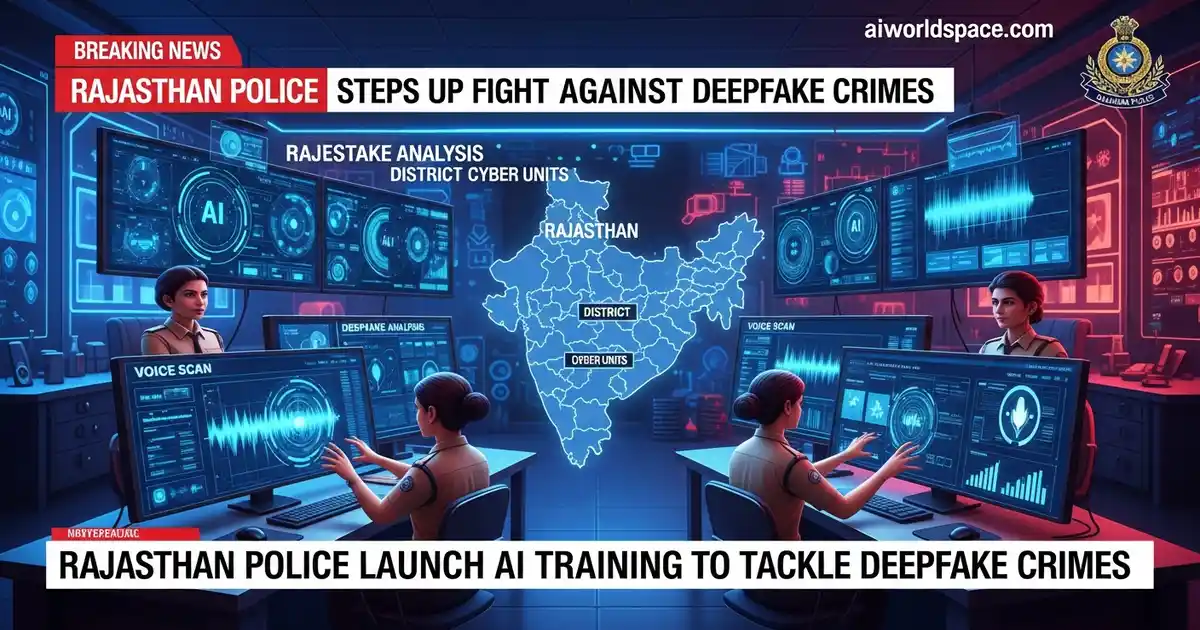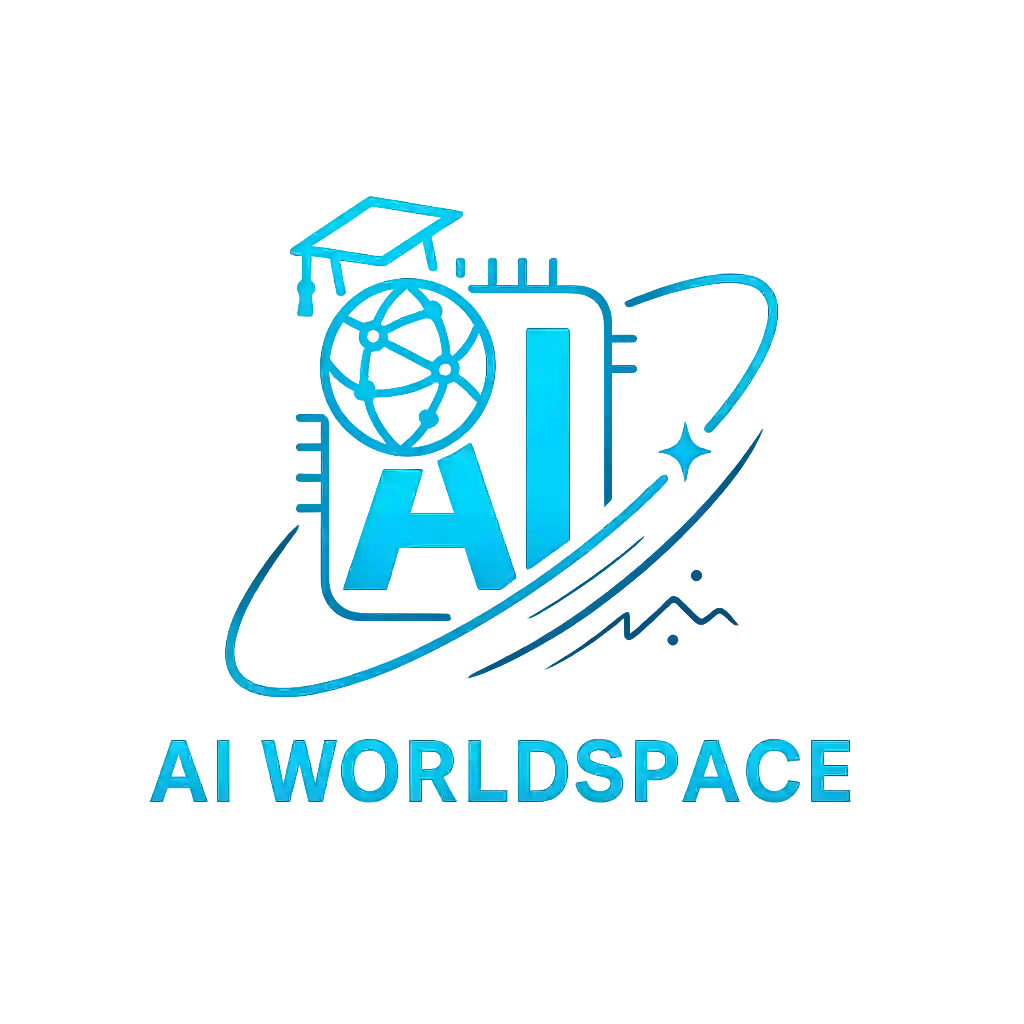Location: New Delhi | Date: September 2, 2025 | Read Time: 4 Minutes
Description:
A new stethoscope powered by AI has been attracting attention for its ability to identify heart conditions in only 15 minutes. This breakthrough device promises to revolutionize the way we treat heart disease and provide early detection that could save the lives of countless people across India and beyond.
The AI Twist in a Doctor’s Old Companion
For a long time, the stethoscope was the standard of medical professionals. With the advent to artificial intelligence it’s being transformed into an emergency device.
Read in Hindi -AI स्टेथोस्कोप का कमाल: क्या सच में सिर्फ 15 सेकेंड में पकड़ लेता है दिल की बीमारी?
Health-tech companies and researchers have created a stethoscope with a smart algorithm which makes use of machine learning to instantly analyze heartbeats. In just 15 seconds, it’s able to detect any irregularities that are related to issues like arrhythmias, valve disorders or even early indications of heart failing.
Why This AI Tool Could Change India’s Health System
India is often referred to for being the “heart disease capital of the world,” with millions of people affected by heart disease each year. Many patients don’t receive prompt diagnosis due to the absence of specialist doctors in rural regions.
This AI technology could fill this gap by giving general doctors even in towns with small populations the ability to identify life-threatening diseases without the expense of laboratory tests.
The device is believed by doctors to help make cardiac checks faster cost-effective and accessible. Initial tests suggest that its accuracy is superior to diagnostic devices. The speed, which is just 15 seconds, makes it particularly effective for emergencies.
The Bigger Shift in Healthcare
In addition to cardiology, specialists believe this breakthrough signals a greater shift toward AI-driven diagnostics. Similar devices are being evaluated for diabetes, lungs, and even for cancer detection.
If they are successful, AI-powered devices may soon be as widespread as thermometers found in clinics all over the globe.
What This Means for Patients
For patients, the potential is enormous: quick detection, prompt treatment, and a lower risk of having fatal heart attacks.
In a place such as India in which a large number of heart patients are not diagnosed until they are too late, this device could prove to be a game changer.


